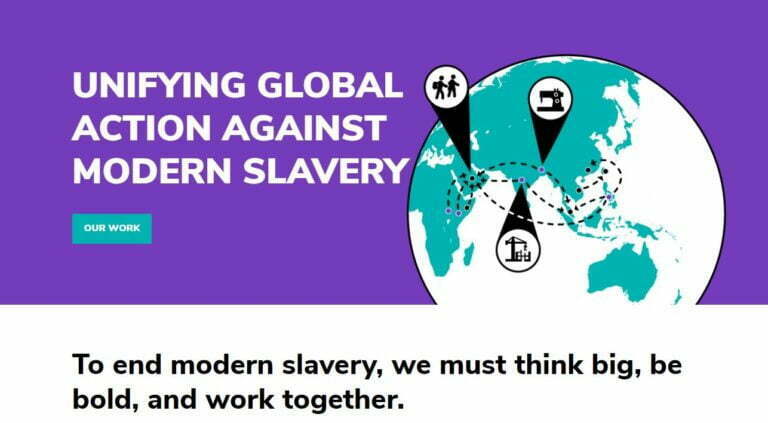GFEMS Announces New Award to Fight Forced Labor in Brazil
The Global Fund to End Modern Slavery (GFEMS) is launching a new partnership with the Program to End Modern Slavery at the United States Department of State Office to Monitor and Combat Trafficking in Persons targeting labor trafficking in the coffee supply chain in Brazil.

